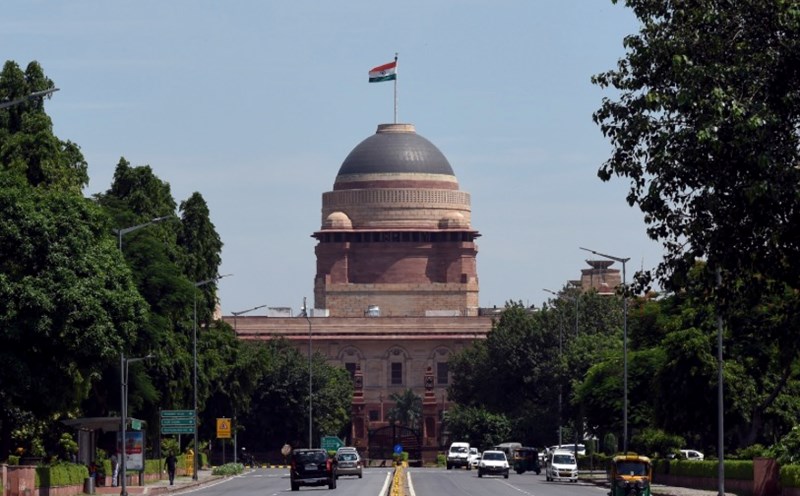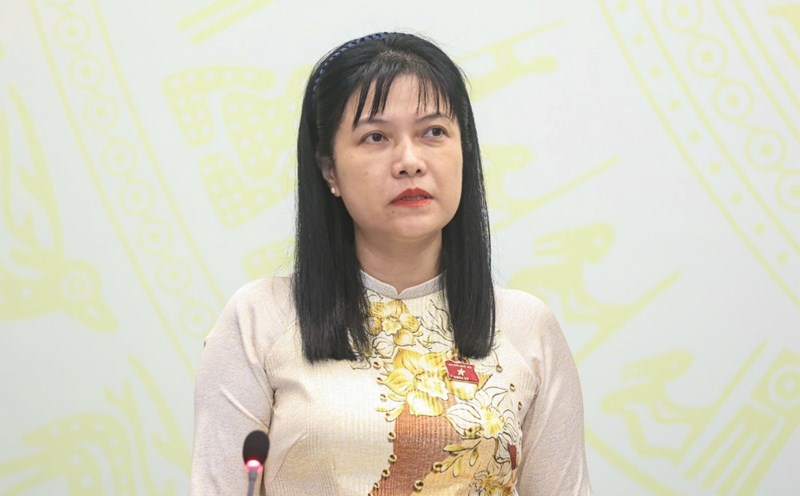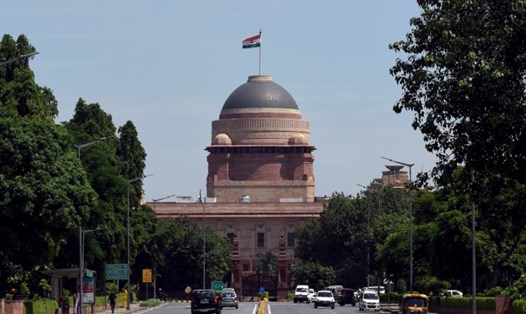According to the latest report from the blockbuster analysis company Chainalysis, Russia has surpassed its competitors to become Europe's largest cryptocurrency market by trading volume.
From July 2024 to June 2025, the value of cryptocurrency transactions in Russia will reach 376 billion USD, a sharp increase compared to 256.5 billion USD last year. This figure surpasses the UK with 273 billion USD, while Germany reached 219 billion USD, Ukraine 206.3 billion USD and France 180.1 billion USD.
Chainalysis said the growth was driven by the wave of transactions by large financial institutions and the rapid growth of the DeFi sector.
Transactions worth over $10 million in Russia rose 86% year-on-year, nearly double the average growth rate across Europe. DeFi activities in Russia, including transactions, lending and profitable investments in blockchain applications, have tripled since 2023.
Another important factor helping Russia rise is the appearance of the stablecoin A7A5 identified as the ruble. Launched in February, the currency became the first digital financial asset in Russia to be licensed for international payments, paving the way for import-export businesses to legalize cross-border transactions in cryptocurrency.
Russia is currently maintaining a cautious but somewhat open approach to cryptocurrencies. Although digital assets have not been recognized as a legal means of payment in the country, they are still allowed to be used for international transactions.
The Russian central bank also implemented a pilot mechanism for investors eligible to trade digital assets, while legalizing cryptocurrency mining, except in areas with power shortages, until 2031.
President Vladimir Putin called the completion of the legal framework for cryptocurrencies a "promising direction", and called for building a solid technological and legal foundation for both domestic and cross-border operations. However, the Russian Central Bank remains cautious.
At the Finopolis Forum, First Deputy Governor Vladimir Chistyukhin said that the new draft law on cryptocurrency investment is expected to be issued in 2026, which stipulates administrative and criminal sanctions for illegal circulation, while limiting investment to only qualified investors.











